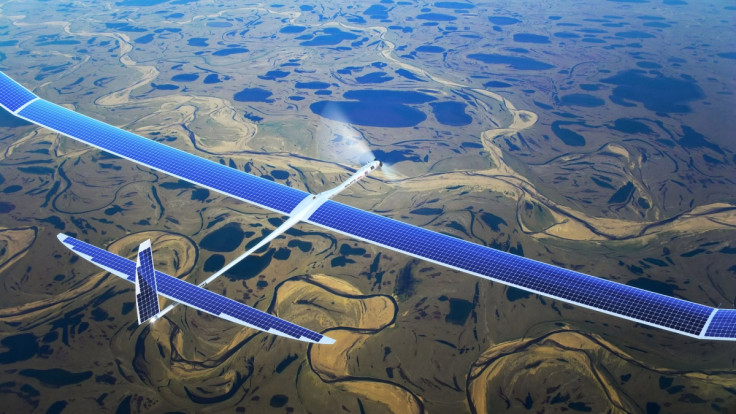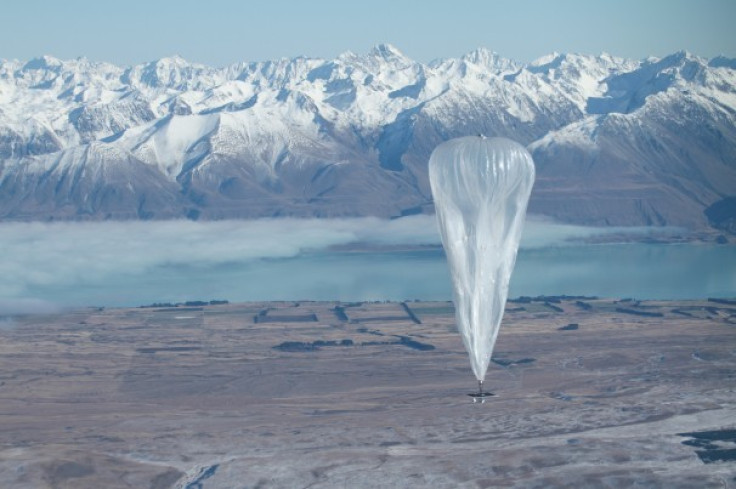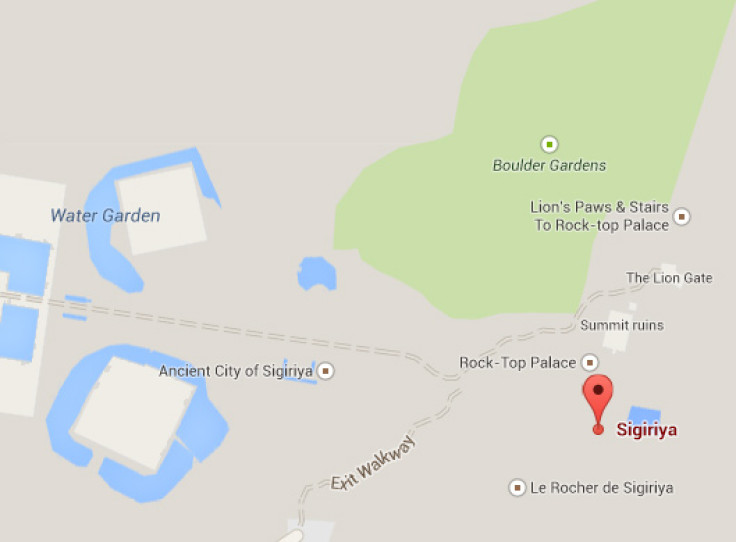Google Titan Aerospace Acquisition: Why Does Web Giant Want Flying Drones?

Google has bought drone start-up Titan Aerospace, which manufactures jet-sized solar-powered unmanned flying drones that can fly for up to five years without needing to land.
Facebook had been considering buying Titan earlier this year to help fulfil Marc Zuckerberg's Internet.org dream of bringing affordable internet access over the air to five billion people in rural areas of the world. He eventually bought UK-based aerospace company Ascenta for $20m instead.
Google topped Facebook's offer for Titan, allegedly paying $60m, insider sources told Tech Crunch.
The question is, what does Google want drones for?

The internet giant tested out its own global internet plan, Google Loon, in 2013, launching 30 large weather balloons in New Zealand that had been specially developed by its top secret X Lab.
The fleet of balloons remained aloft for 100 days and were able to broadcast an internet connection to an area measuring twice the size of New York City. Fifty houses were fitted with receptors to receive and measure the balloons' signals.
Five theories on why Google has bought Titan:
1. Beat Facebook to the chase and serve up ads to boot
Imagine if your company alone controlled the world's largest internet network, enabling five billion people to connect. How powerful would that make you?
And how many ads could you serve up every time someone logged into this network? Of course, Facebook already has a drone company, and there are other options to consider, like Outernet's free Wi-Fi from space.
2. Map All The Things

So Google Streetview cars haven't been all that popular in certain parts of the world, with villagers barricading roads to block access and Google being fined £4.6m for wrongfully collecting Wi-Fi data from homes as its car drove past.
There are also still many areas of natural beauty in the world such as national parks and world heritage sites that appear on Google Maps as a vague outlined patch. Hey, if you had a solar-powered flying plane armed with a camera, you could map them all.
3. Global military intelligence network

Perhaps Google could offer governments a global digital defence network to control all digital military hardware.
The only problem would be if this system were to become self-aware, it could become like the evil artificial intelligence system Skynet from the Terminator films, and that would be pretty scary...
4. Rent out flying drones to third parties

If you had unmanned flying drones that could go all over the world, you could rent that service out to companies.
Flying drones could be useful for 24-hour news channels which wanted to capture a volcano erupting or a serious disaster from the air (such as the devastating blaze in Valparaiso, Chile), or even film production companies.
5. High-speed broadband all over the world
What if Google's plans to connect the world weren't just altruistic? In January, Ofcom opened up the high-frequency spectrum so that satellites could provide superfast broadband on trains, boats and planes in the UK.
If Google decided to offer a similar high-speed broadband service for the world, like its move into gigabit broadband in the US with Google Fiber, it could be a formidable competitor to traditional telco networks.
© Copyright IBTimes 2024. All rights reserved.






